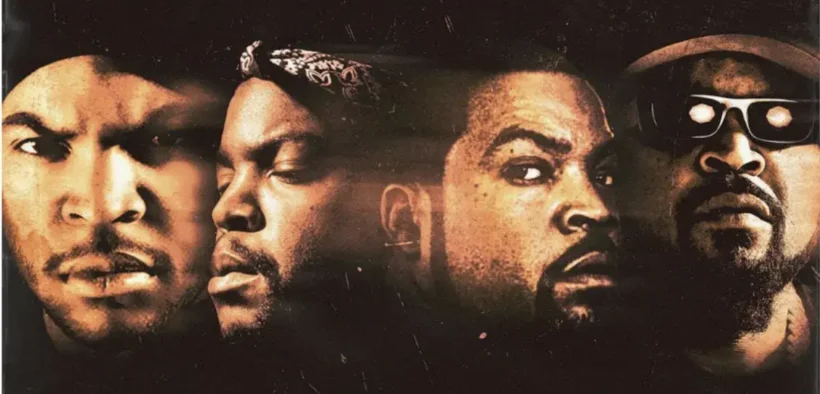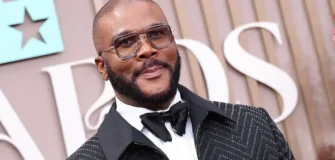Ice Cube’s ‘Truth To Power’ Tour Turns Atlanta Into a Living Hip-hop Archive
Share

Four decades into a career built on candor and confrontation, Ice Cube arrived at State Farm Arena on Oct. 14 with a one-man show that felt bigger than most arena packages. The “Truth To Power: Four Decades of Attitude” tour is part memoir, part block party, and in Atlanta it played like a masterclass in how to turn personal history into collective memory.
The staging mirrored the arc of his story. An upper deck, flanked by a pair of lowriders, nodded to South Central roots; a lower platform folded in modern flair with augmented-reality flourishes.
Ice Cube used the massive backdrop as an overhead projector and digital photo album, threading childhood snapshots into a narrative about becoming O’Shea Jackson the artist. The night’s most intimate moment came early: a tribute to his late sister Beverly, killed by her police-officer husband.
That loss, he told the crowd, shaped his worldview at 12, and set up the first thunderclap of the set, “Fuck Tha Police,” with renewed, painful context.
From there, Cube toggled nimbly between performance and reportage. “Dopeman” opened a corridor to his Eric “Eazy-E” Wright era, and soon Lil Eazy stepped out to lead “Boyz-n-the-Hood,” a goosebump cameo that collapsed generations of West Coast lore into three electric minutes.
Ice Cube barreled through “Straight Outta Compton,” then pivoted to the fallouts and reinventions that followed: leaving N.W.A., crafting AmeriKKKa’s Most Wanted in New York, the Lench Mob years, a salute to the late John Singleton, and the social bite of Death Certificate.
Atlanta returned the love; when Cube shouted out Friday alumni Chris Tucker and Faizon Love in the crowd, the arena roared.
He also refused to let revisionism tidy up the past. The “No Vaseline” emcee reminded fans that the East Coast–West Coast hostilities didn’t begin with Tupac and Biggie, citing his 1991 back-and-forth with Tim Dog as an earlier flashpoint.
Soon, nostalgia gave way to muscle memory: “Steady Mobbin,” “Check Yo Self,” and, with WC crip-walking beside him, a bruising Westside Connection mini-reunion anchored by “Bow Down.” Warren G’s turn on “Regulate” reset the room with pure G-funk sunshine.
If there were misses, they were in the guest column. Cameos from Yo-Yo or Das EFX would have rounded out the timeline. But the finale more than compensated. “It Was a Good Day,” still Cube’s highest-charting single, arrived with cinematic spectacle,a Goodyear blimp gliding across the visuals, its ticker cheekily declaring, “Ice Cube’s A Pimp.” The crowd sang the hook like a benediction.
What distinguished the show wasn’t just catalog breadth; it was curation. The rollout, pacing, and thematic spine—resistance, reclamation, reunification, Black joy—were dialed to the millimeter. The AR, the archival images, the lived-in storytelling: all served the thesis that hip-hop’s fiercest provocateur is also one of its most reliable historians.
In Atlanta, Ice Cube didn’t just perform the past, he preserved it, argued for it, and let thousands of day-ones carry it forward. Four decades on, the attitude still hits, the politics still sting, and the craftsmanship still stands tall. Truth to power, indeed.






















